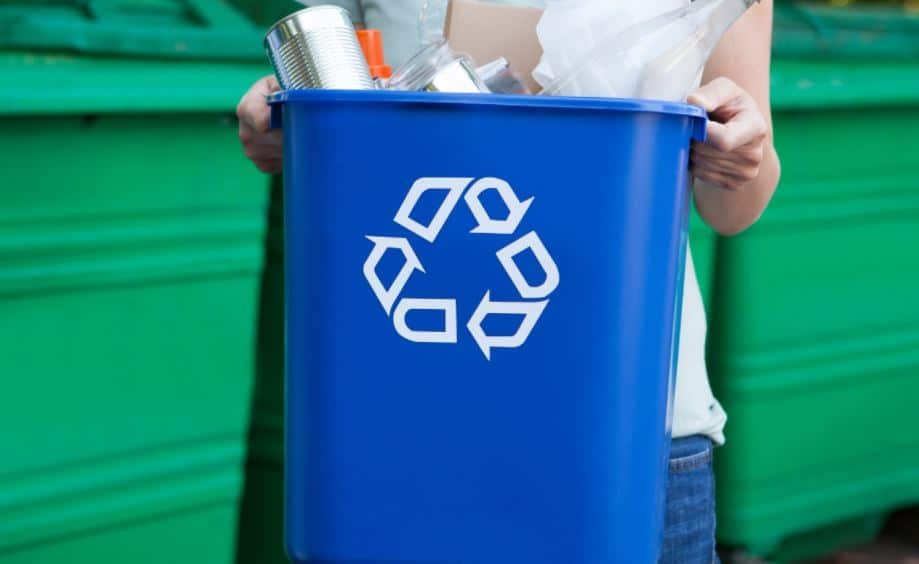Lifestyle
How to Recycle Waste in a Large Company

Companies that have over 50 employees, and those that operate machines and produce goods, tend to produce a lot of waste. You’ll waste paper and cardboard, plastics and non-recyclables. You’ll even waste food from your canteen. In this article, we’ll take a sweep over the different forms of waste that a firm can produce, recommending tips to help you reduce and manage that waste and get it to the relevant cycling centers. Read on to learn how to recycle your waste as a large company.
[lwptoc]
Food
If you’re feeding dozens of employees once or twice a day, there’s a high likelihood that a portion of that food is going to end up as waste. Whether your workers fail to finish their portions, or you have a lot leftover at the end of lunch, you’ll be aware of just how much of this food ends up in the bin. But there are other options for the management and recycling of this waste. For food that’s untouched, you could consider donating it to a soup kitchen or food centre for the needy. And that which is wasted could be used as compost – helping to fertilize the next round of crops.
Cardboard
If you’re a business that takes or provides hundreds of deliveries a month, you’ll likely be handling a great deal of cardboard. That’s great, because cardboard is, of course, recyclable and that means that you can get it back into circulation without it ending up in a landfill. But you need processes that’ll help you waste little of the cardboard that comes your way. Use a cardboard baler to compact your cardboard waste, and baling wire to tie it up. Then, hire a reliable firm to come and pick up these compact cubes of cardboard, delivering it to your nearest cardboard recycling facility.
Plastic
The problem with plastic is that some polymers are recyclable, and others are not. This is a nightmare for those people who work in plastic recycling facilities, as they have to pick through trash to discern what might need recycling and what, sadly, will end up in a landfill. You can do your bit by only dealing with firms that use recyclable plastic packaging, avoiding this confusion. Then, the same process as with cardboard, described above, can take place, getting your plastic out of the trash and back into circulation as soon as possible.
Other Materials
There will be other materials that your firm doesn’t use but don’t need to be simply thrown away. If you’re a company that works with wood, there are several facilities that would be more than happy to collect your clippings and use them in MDF or as a surface for woodland paths and play areas. If you work with metals, waste scraps can be melted down and used anew. The key here is to forge relationships with firms that recycle different materials so that as little as possible of your waste material is ending up in the trash heap.
These four areas of recycling are crucial for helping modern businesses manage their recycling better.
Also Check: Services That The Best Rubbish Removal Companies Offer
-

 Celebrity4 weeks ago
Celebrity4 weeks agoIs YNW Melly Out Of Jail? What Is The YNW Melly Release Date, Career, Early Life, And More
-

 Sports4 weeks ago
Sports4 weeks agoMore Than Just a Game: How College Sports Can Shape Your Future
-

 Tech3 weeks ago
Tech3 weeks agoAI Software: Transforming the Future of Technology
-

 Tech3 weeks ago
Tech3 weeks agoAll About Com. Dti. Folder Launcher: Features, Benefits, Tips, And More













